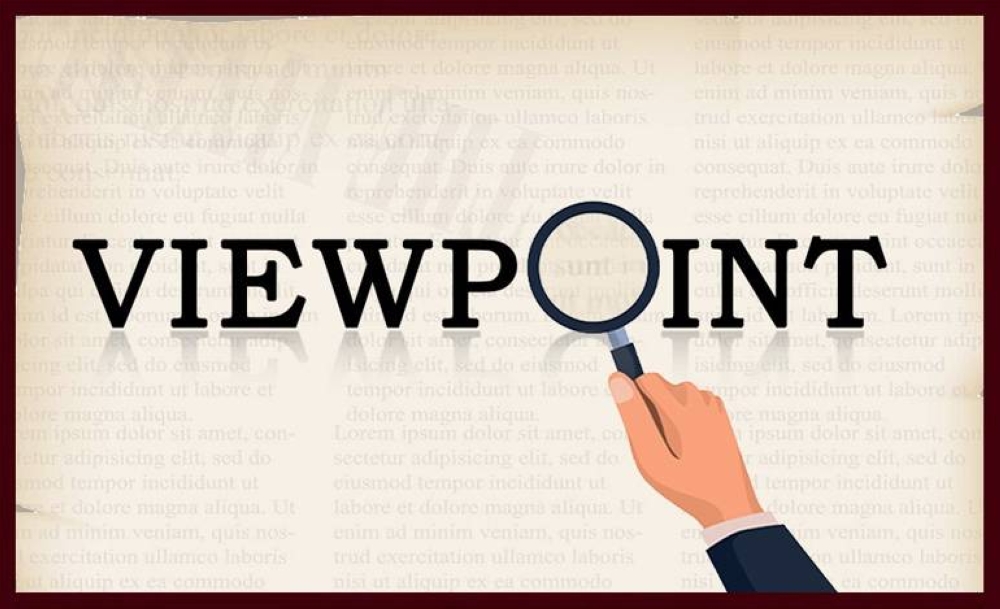When South Korea hosts the first trilateral summit with China and Japan in four years beginning tomorrow, the three neighbours may struggle to go beyond surface-level diplomacy after years of deteriorating ties, diplomats and officials said.
Still, even handshakes would help maintain at least some high-level diplomacy after a pause since the last such summit in 2019, according to officials and members of the diplomatic community in Seoul and Tokyo.
President Yoon Suk-yeol will have bilateral talks with Chinese Premier Li Qiang and Japanese Prime Minister Fumio Kishida tomorrow, then hold their three-way gathering on Monday.
The absence of Chinese President Xi Jinping effectively keeps military, foreign affairs, and security issues off the agenda, said Kang Jun-young, director of Center for International Area Studies at Hankuk University of Foreign Studies in Seoul.
On the agenda are economics and trade, climate change, cultural exchanges, health and ageing populations, science, and disaster response, according to Yoon’s office.
But the gathering will be constrained by the global concerns that have increasingly divided US-allied South Korea and Japan from China.
“I’ve been doing this for a long time — there are lots of bilateral issues between the countries, but there isn’t anything we can do as a group,” said one diplomat based in the region. “We compete on a lot of things and obviously South Korea and Japan are US allies so that makes things extra challenging.” The diplomat said the summit would be mostly “cultural” and borderline meaningless, but that China would likely seek something about supply chain stability in the joint statement.
One South Korean official said just having the three countries meet again after a long time is meaningful by itself.
Even without breakthroughs on the toughest issues, the summit could make progress in areas of practical co-operation like people-to-people exchanges and consular matters, he said.
“That’s important as it could have a direct impact on people’s lives,” the official said.
Two Japanese foreign ministry officials also said they did not expect any big announcements from the meeting and that it was important for optics that the summit resumed after a long gap.
A Japanese government official said on Friday that the countries had yet to decide whether they would release a joint statement, in part because simply setting up the meeting had faced scheduling difficulties.
The officials spoke on condition of anonymity to discuss diplomatic proceedings.
China’s foreign ministry spokesman Wang Wenbin told a briefing on Thursday that Beijing hopes the talks “will inject new impetus into the trilateral co-operation and provide better ways towards mutual benefit for the three countries.”
Observers say to make any progress on even baseline issues, Beijing will need to address South Korean and Japanese concerns about the increasing difficulty of operating or doing business in China. South Korean diplomats routinely complain about the minimal level of access they get to senior officials in Beijing. They have also watched apprehensively in recent months as China’s partners, Russia and North Korea, have become increasingly close.
Japanese sources based in Beijing say they are most concerned about visas, safety of staff, and IP protection, as well as the future of auto exports to China in coming years.
Akira Amari, a senior Japanese ruling party lawmaker and former trade minister, who advises a parliamentary group promoting relations between Japan and China, said Tokyo needed to have frank discussions with Beijing so “that proper relations can continue and unnecessary tensions don’t increase”.
Opinion
Low expectations for rare summit between China, Japan and S Korea
The gathering will be constrained by the global concerns that have divided US-allied South Korea and Japan from China

